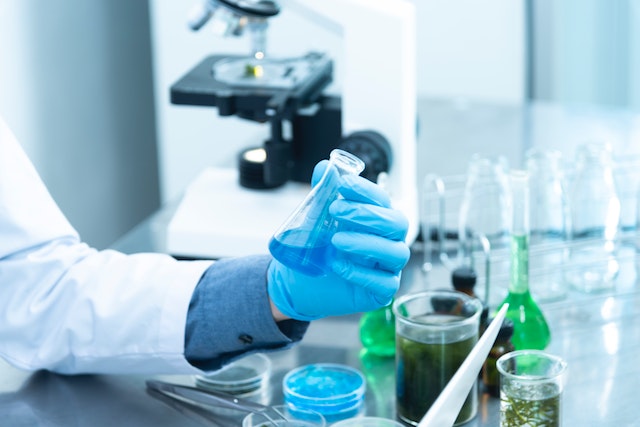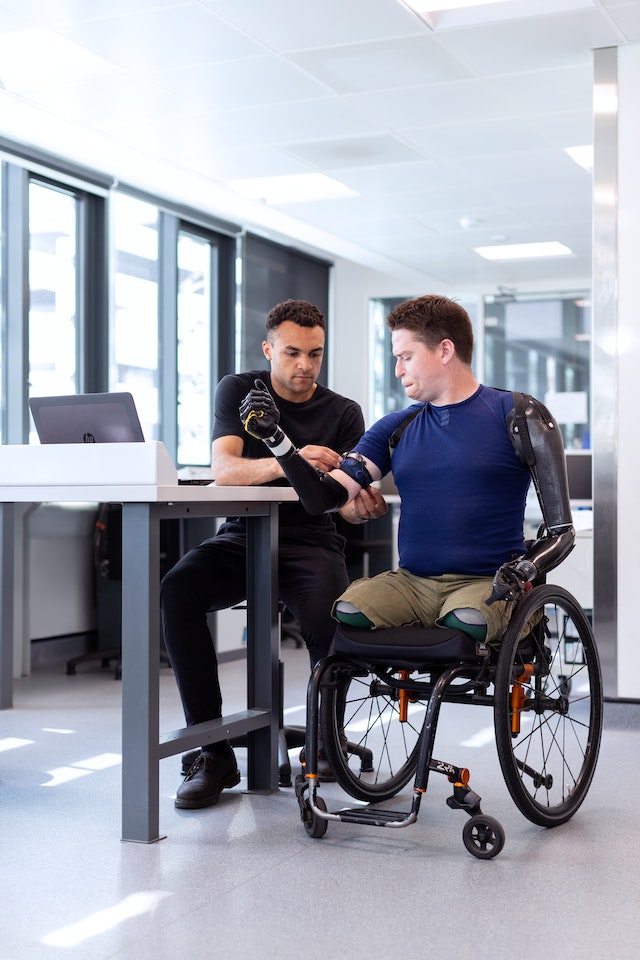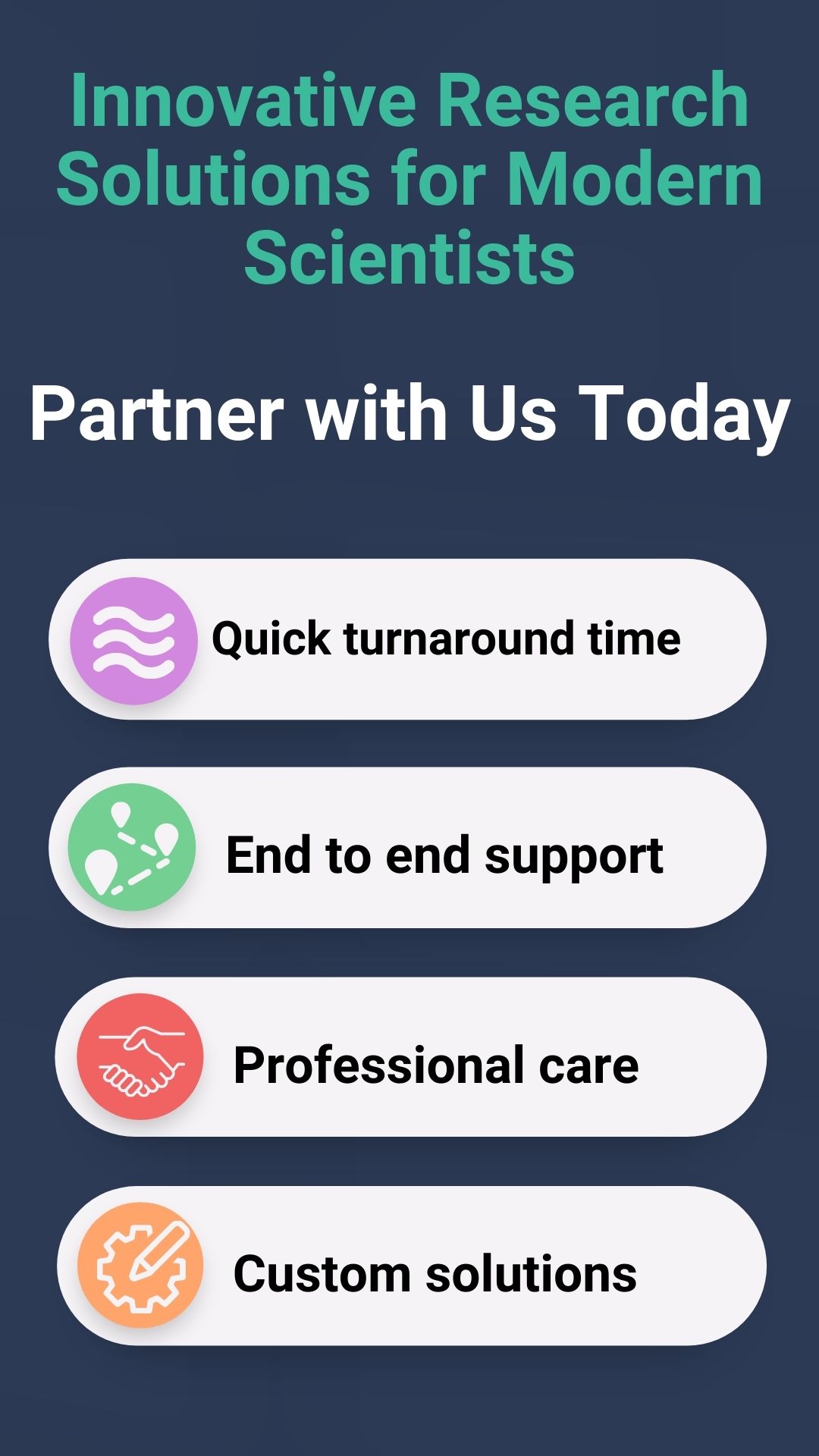As modern technology continues to reach new heights, so too do emerging capabilities in Artificial Intelligence (AI), a rapidly-advancing field that is revolutionizing how astronauts and scientists alike seek to understand our universe. With the right applications, AI has incredible potential: It can automate tedious processes, improve decision accuracy and efficiency in complex data compilation or analysis tasks, as well as make “breakthrough” discoveries that could provide humanity with eye-opening insights about the nature of science itself. At the same time, though, it also poses certain risks—torrents of data from speeding robots or unexamined algorithms have already caused some scary outcomes for some researchers relying on them. In this blog post we will expand upon these themes and explore both the promise and perils presented by AI in science progress today.
Artificial Intelligence in Science is already here
Artificial intelligence (AI) is no longer a distant future concept; it’s already revolutionizing the scientific community. ChatGPT, Nature magazine’s automated conversational AI, is just one example of a real-world application for artificial intelligence in science. ChatGPT helps scientists come up with new hypotheses, and can even be used to review and assess research papers. On the other hand, BioGPT is another AI program that assists biologists with DNA sequence predictions. These developments demonstrate how AI has allowed scientists to maximize output while minimizing time spent researching and gathering data, providing them with more efficient ways to produce results. Despite the promise that AI holds for science, there are also some dangers and risks associated with its use – but the potential benefits clearly outweigh them.
Benefits of AI-powered Scientific Research
Researchers and scientists are utilizing the power of artificial intelligence (AI) to greatly augment their capabilities – from discovering new particles and drugs, to helping visualize complex data in an organized way, AI has made numerous contributions to the sciences. AI-powered technologies have enabled researchers to carry out investigations that could not have been done in the past, largely due to its ability for deep learning and analysis of vast amounts of data. In addition, AI can also be used for educational purposes. Researchers can use AI’s predictive modeling capabilities to develop intelligent tutoring systems that could provide personalized instruction and interaction, which could help further advance our knowledge in science. Therefore, AI undoubtedly has substantial benefits when applied in scientific research – allowing us to explore brand new avenues of discovery while also making a positive impact on scientific education.
Risks and Challenges of AI in Science
 AI presents immense potential for scientific discovery, but it also carries with it tremendous risks and challenges. As technology advances, plagiarizing research is becoming easier. AI-generated papers now have the potential to pass off plagiarized content as original work. The scientific community must remain aware of this threat, and find effective ways to guard against plagiarism while continuing to develop AI technologies. Furthermore, AI has facilitated ChatGPT generated papers – a new frontier that blurs the line between man and machine in research. Such techniques must be lauded for their creativity but also held accountable when the results are not up to standard. The complex issue of regulating such endeavors safely yet responsibly remains a challenge in the field of Artificial Intelligence in Science.
AI presents immense potential for scientific discovery, but it also carries with it tremendous risks and challenges. As technology advances, plagiarizing research is becoming easier. AI-generated papers now have the potential to pass off plagiarized content as original work. The scientific community must remain aware of this threat, and find effective ways to guard against plagiarism while continuing to develop AI technologies. Furthermore, AI has facilitated ChatGPT generated papers – a new frontier that blurs the line between man and machine in research. Such techniques must be lauded for their creativity but also held accountable when the results are not up to standard. The complex issue of regulating such endeavors safely yet responsibly remains a challenge in the field of Artificial Intelligence in Science.
The Future of AI in the World of Scientific Research
The future of Artificial Intelligence (AI) within the world of scientific research is a hot topic and a source of much debate. BioGPT, an AI system developed by OpenAI, generated evidence in a BioRxiv preprint that was well received by some scientists, while other experts are expressing misgivings over the potential pitfalls in relying upon AI as a crutch for lack of proper analysis. A recent survey showed that close to half of the respondents felt uneasiness about using AI as part of their research methods. With its “ hit or miss” approach, BioGPT can be extremely useful, yet it also adds additional complexity to an already complicated process. As AI continues to progress and become more widely used across disciplines, scientists will need to come to terms with both its promise and perils before we can reap all its rewards.
A Look Into Potential Solutions
AI technology has the potential to revolutionize the way we approach scientific research and development, but it is not without its risks. To ensure AI is used responsibly, experts have proposed developing strict guidelines and regulations, building AI systems with transparency and accountability in mind, educating AI users on ethical considerations and how AI works, giving ethical scrutiny to AI experiments before empirical studies are performed, and introducing AI systems to existing frameworks for intelligently using data in scientific research. Ultimately, if these measures of control are implemented thoughtfully and carefully, AI can be an incredibly powerful tool to aid scientists around the world in producing innovative solutions to difficult problems while avoiding pitfalls.
 AI has made great strides in science, allowing us to solve complex problems and investigate new areas of research. However, AI is not without its perils: ethical considerations must be taken into account whenever AI is employed. To prevent unethical AI use in science, it is important to ensure that everyone using AI technologies understands the potential consequences and engages in responsible practices. Additionally, AI development should prioritize safety, security, and transparency. Lastly, researchers should continue to monitor AI technologies and assess their performance with regard to outcomes. These steps will contribute to a more responsible and ethical use of AI within the scientific community.
AI has made great strides in science, allowing us to solve complex problems and investigate new areas of research. However, AI is not without its perils: ethical considerations must be taken into account whenever AI is employed. To prevent unethical AI use in science, it is important to ensure that everyone using AI technologies understands the potential consequences and engages in responsible practices. Additionally, AI development should prioritize safety, security, and transparency. Lastly, researchers should continue to monitor AI technologies and assess their performance with regard to outcomes. These steps will contribute to a more responsible and ethical use of AI within the scientific community.
AI is here to stay and it has already proven to be a great tool for scientists. Artificial Intelligence can speed up research and simplify data collection, making scientific research much more efficient. While there are benefits of AI in science, there are also risks that must be taken into account, such as algorithmic bias and privacy concerns. To address these issues, researchers need to be aware of both the potential of AI and its limitations. It is also important for society to create ethical conventions for the use of AI in science so that its applications do not harm any segment of society. As the most powerful technology in history, artificial intelligence carries tremendous potential to revolutionize scientific research. This potential must be utilized responsibly and with careful consideration or else the results could become detrimental. With this in mind, what do you think will be the outcomes of incorporating AI into scientific research? Will it lead to a brighter future or will it be too disruptive? Only time will tell!
